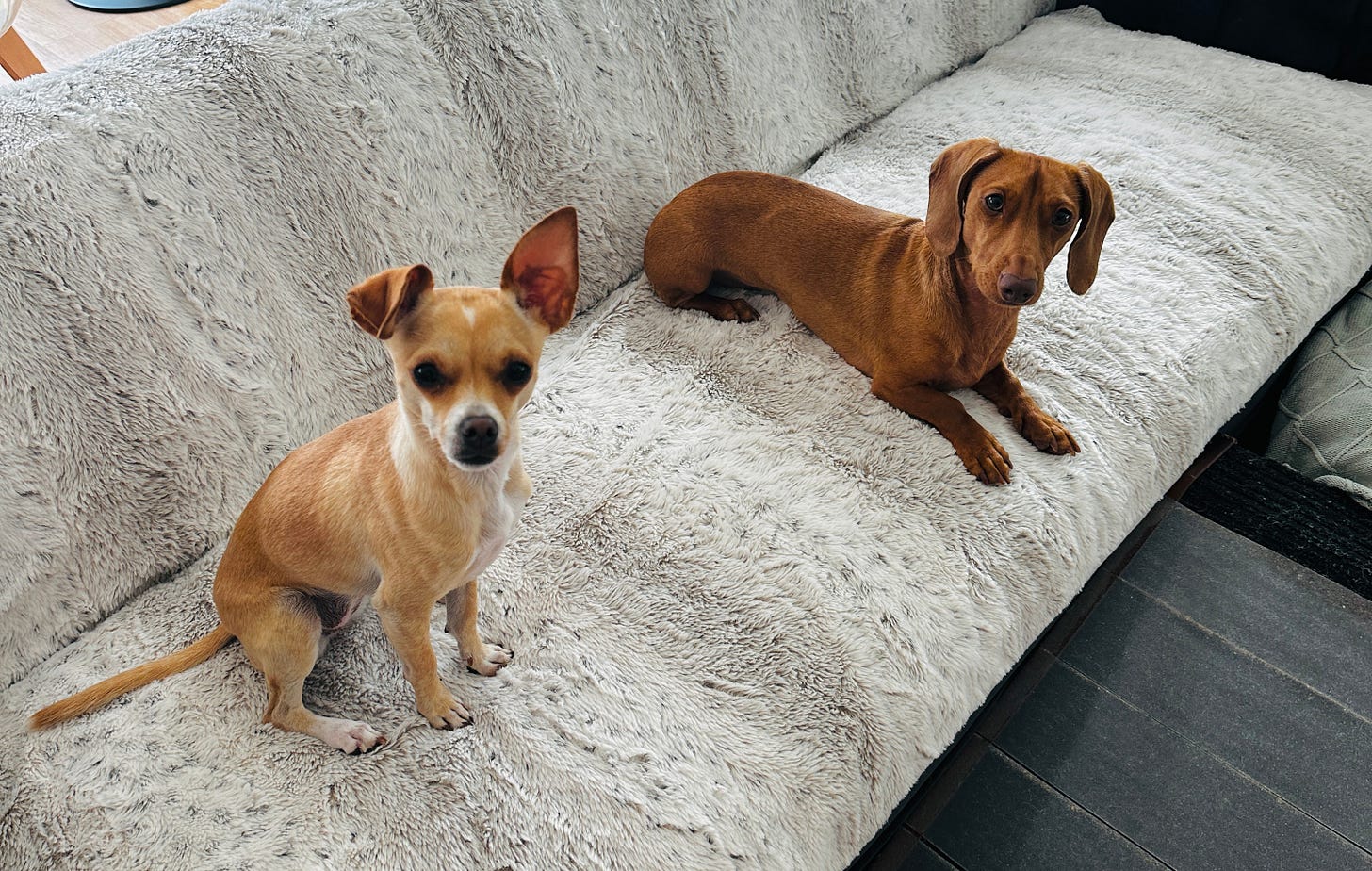We Roast "Experts" of the Week
We get a lot of love from our audience but some of the haters are just so silly we want to share them with you
Being on social media has it’s plusses and minuses. There are so many good contributors and so many good people to learn from that for us it’s definitely a net positive. At the same time there are so many trolls and negative Nellys that it can ruin your day…If you let it. What else can you do but laugh at them? This week we take on some of the haters.
B…




